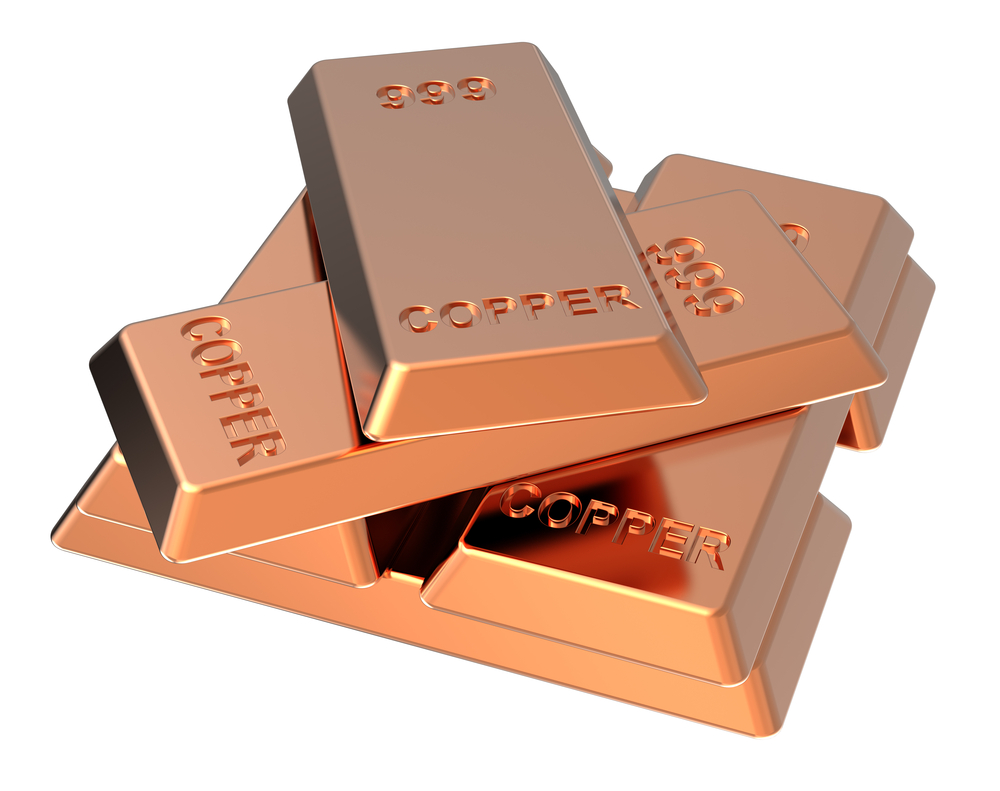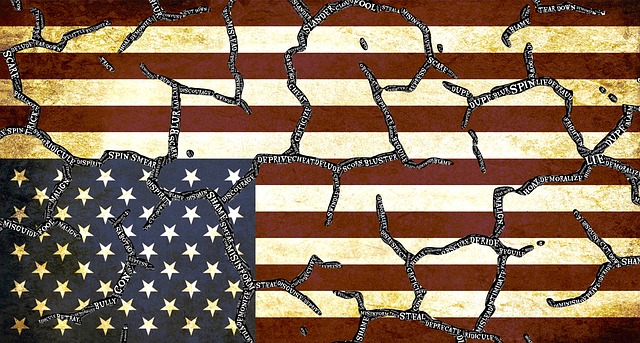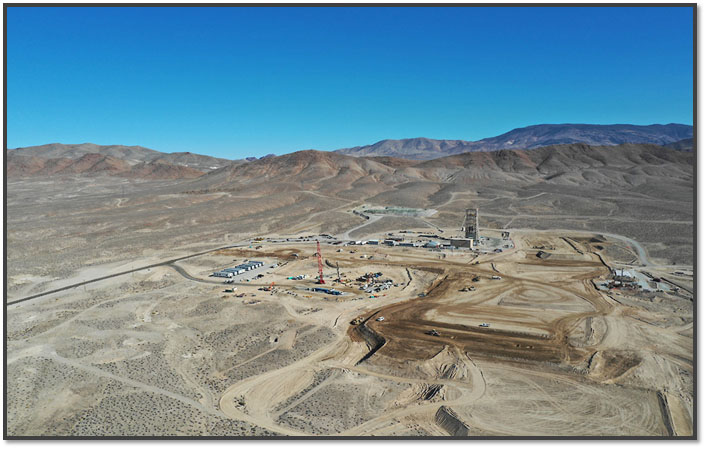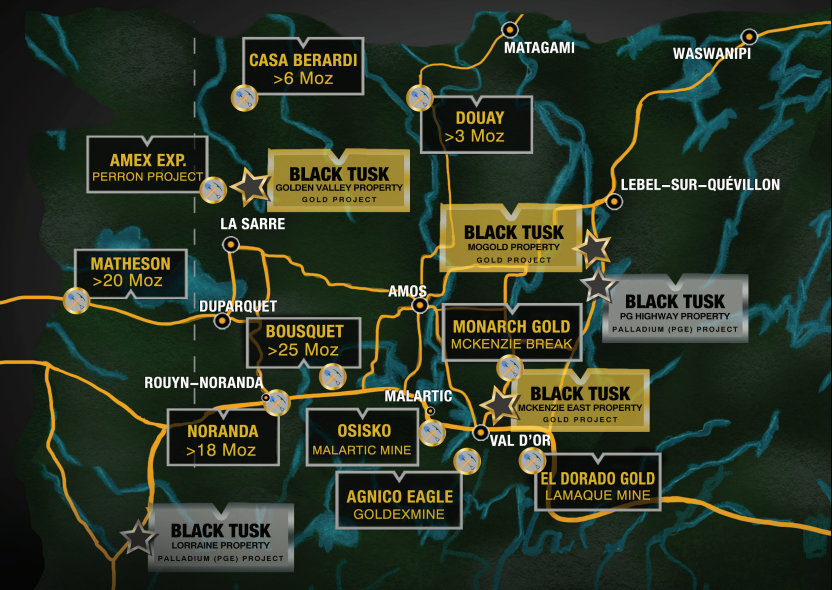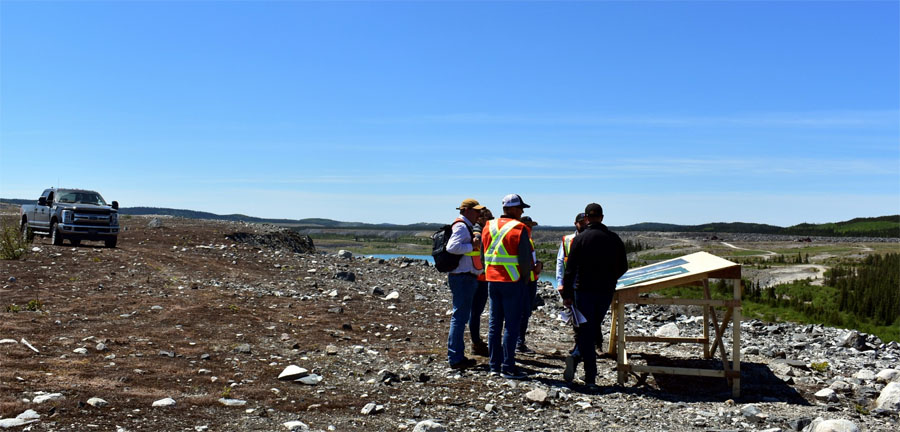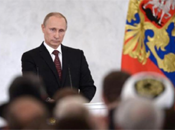
Last month, Russian President Vladimir Putin gave a short, emotional speech on the annexation of Crimea.
"After a long, hard and exhausting voyage," said Putin, employing timeless, classic nautical analogies, "Crimea and Sevastopol are returning to their harbor, to their native shores, to their home port, to Russia!" Meanwhile, Western political leadership—U.S., EU and NATO—can do little other than bellyache about international law.
That, and enact sanctions against individual Russians while imposing banking restrictions and kicking Russia out of the G-8. Looks like there's more to come. What does this mean for investors?
Russia and the Global Metals Supply Chain
Of course, Russia is a commodities giant. Russian outputs are important to the global supply chain for many items. Russia is a major producer and exporter of oil, natural gas, ores, refined metals and industrial minerals. According to a recent analysis by the British firm Roskill, the extractive, energy and chemical sectors are vital to the Russian economy and accounted for an estimated 80% of Russian export revenues in 2013.
It's important to realize, however, that Russia's commodities role is multidimensional. That is, Russia is more than a major producer and exporter of energy and materials; Russia is also an important player within Western supply and product chains. Thus, targeting Russian companies has the potential to blow back on many Western businesses and economies.
Let's look at just a few parts of the Russia-related metal supply chain. This affects all sorts of things in the West, from drill pipe to auto production, construction and household appliances. As I see it, if the metal supply chain gets nailed due to Russian sanctions, we're all in trouble in a hurry.
Nickel: Consider the metal nickel. It's much more than the 5 cent piece in your pocket. Nickel is critical to manufacturing stainless steel and much else. Russia's big player, Norilsk Nickel, extracts ore in Russia but refines product in Finland. Overall, Russia is the world's second-largest producer of nickel products, after China. But China consumes most of its nickel domestically, which leaves Russia as the world's key "swing" supplier. In 2013, Russia accounted for 26% of global nickel cathode exports, or around 13% of total world consumption of nickel. Without Russian nickel, the world's steel industry will be quickly disrupted.
Cobalt: Russia is also an important supplier of cobalt, used in steel and other alloys. Russia accounts for about 6% of global mine output of cobalt and 3% of global refined output. Most Russian cobalt production is related to Norilsk operations in Finland, where cobalt comes out of nickel production. At 6% and 3%, as noted, Russian cobalt numbers are relatively low overall, but the point is that if Western sanctions somehow choke off Norilsk operations in Finland, we'll see the impact on global availability of refined cobalt.
Vanadium: Russia is the world's third-largest producer of vanadium—providing about 10% of the world's supply. Vanadium is critical to hardening steel and other alloys and is a key element for the future of utility-scale storage batteries. If vanadium supply takes a hit, all manner of metal and energy projects could be disrupted.
Tungsten: Russia is the world's second-largest producer of tungsten (behind China) and accounted for about 6% of global supply in 2013. Don't be fooled by that low raw number, though, because about 70% of global tungsten is a Chinese play. So that Russian 6% "global" statistic is really about 20% of what's available to the world outside of China. Tungsten is critical to building machine tools as well as manufacturing drill bits. In essence, tungsten is used for requirements that call for hard, dense metals with high melting points. Europe is a major tungsten importer from Russia, and much European industry will have to scramble to make up for any loss due to sanctions.
Titanium: Russia is a large supplier of aerospace-grade titanium to both the U.S. and Europe, accounting for about 12% of imports. Two important buyers are Boeing and Airbus, whose operations could be slowed by lack of titanium supply, certainly in the short term.
Will Russia Look More to the East?
I could go on with other energy and materials that come out of Russia, but you get the point. Western politicians may feel like they have to "do something" about Russia annexing Crimea. Thus, they are moving with sanctions.
For our purposes, on the investment front, one potential result of Western sanctions will be to give Russian leadership even more incentive to look east, toward Chinese markets. China is a major consumer of many raw materials and refined products and would likely be able to buy and use Russian materials that no longer move west.
Different commodities will move in different ways, of course; some more than others. . .
Where Does It Go?
So what's the investment forecast from all of this? Risk on? Risk off? Sunny skies and nice karma? Well, I don't like precipitous political-military things, like Russia grabbing Crimea, no matter how deep the historical roots. Still, what's done is done.
From what I understand of Russia and its leadership, Crimea isn't going back to Ukraine. Never. Western politicians can bang their drums, but Russia is Russia, and Russian leaders are pursuing what they see as their national interests.
In the short term, from all of this, sanctions might blow back. In the West, we could see critical metal disruptions out of Russia, which would hurt many Western companies, from automakers to aerospace and more. I can envision slowdowns, layoffs and more Federal Reserve stimulus.
I also foresee good opportunities with European energy plays like Statoil (STO: NYSE) and Total (TOT: NYSE) as they work to reduce Europe's evident energy supply risk from Russia. I'll discuss this more in your upcoming May issue of OI.
In the medium term, supply chains will rebalance considering the new political and economic risks of doing business in Russia. More purchasing agents will source materials away from Russia—although it might just mean buying Chinese material made from Russian ores. China will be a winner from any Russian shift eastward.
In the long term, we'll likely see new investment opportunities with Western-oriented companies as they work to make up shortfalls from lost Russian supplies and markets. Western governments will go with large, significant players to get things done—plays like Freeport-McMoRan Copper & Gold (FCX: NYSE), to name one among several.
Best wishes. . .
Byron King
Daily Resource Hunter







